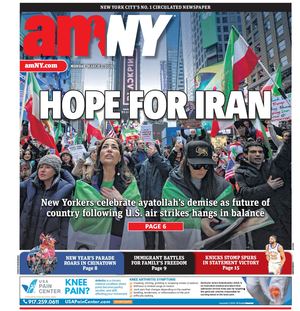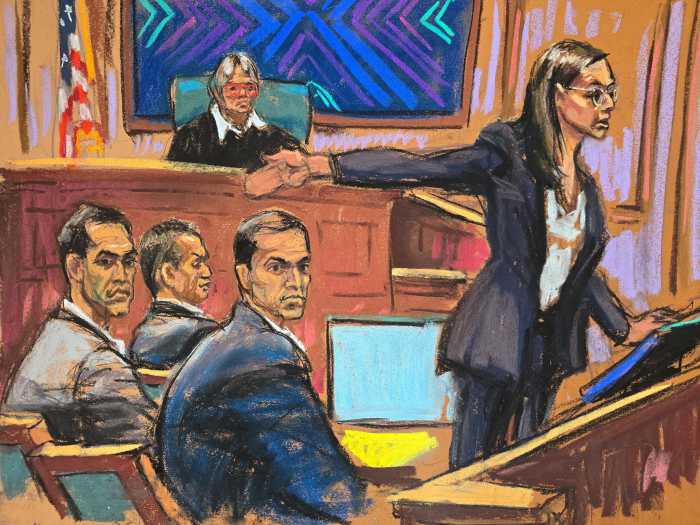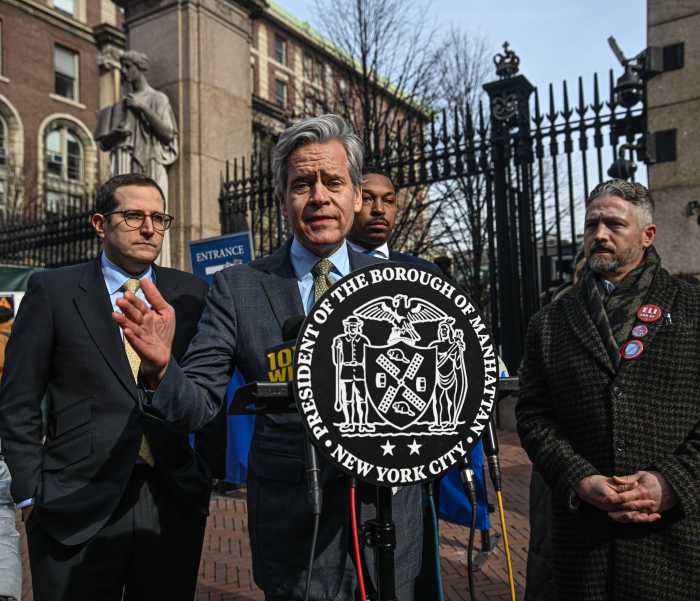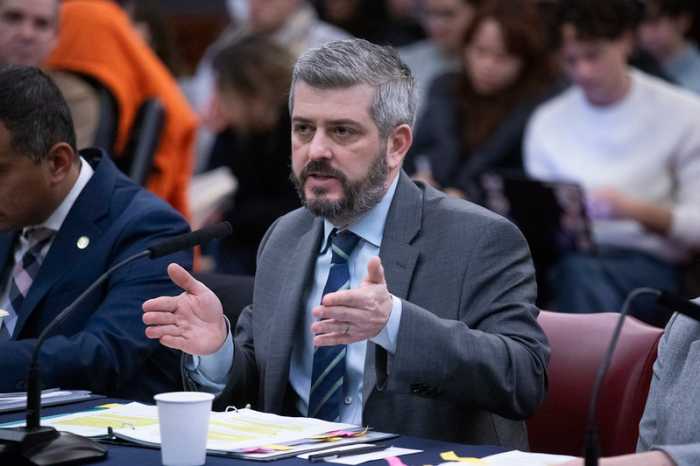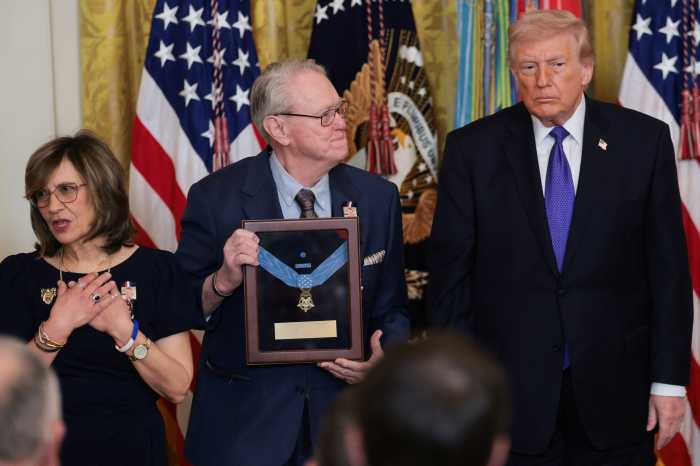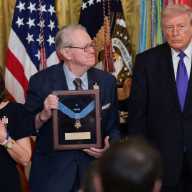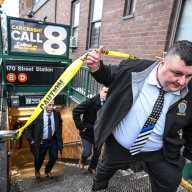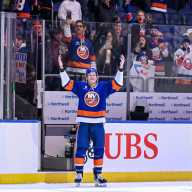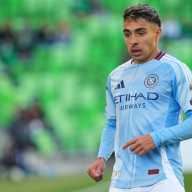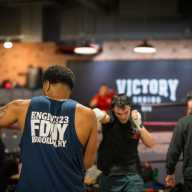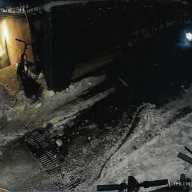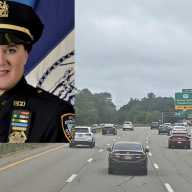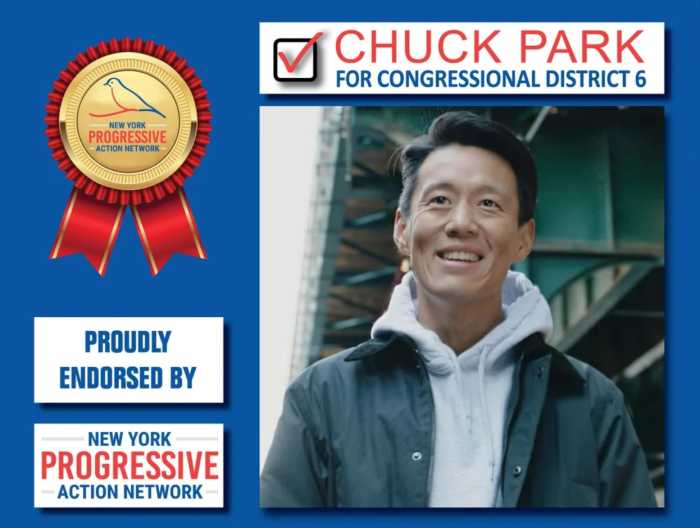City officials want people who lived and worked near ground zero in the aftermath of 9/11 to know they may be covered under the Zadroga act if they become sick.
The collapse of the Twin Towers exposed thousands of people to potentially deadly toxins in the dust that settled over lower Manhattan and part of Brooklyn.
In the years since, dozens of first responders have died from illnesses that can be directly linked to the toxins, and even more are still battling cancer and disease. But as more people who worked in lower Manhattan or just lived there after the terror attack have come forward with 9/11-related illnesses, city officials want to make sure people know there is help available to them.
Attorney Michael Barasch, who has represented more than 10,000 first responders sickened after 9/11, said his firm now represents four teachers with breast cancer and nine former students in their mid-20s who suffer with lung diseases and cancers.
“It’s heartbreaking,” Barasch said. “This is a growing and serious health epidemic and it is so important for anyone who lived, worked or spent time in that area to understand that if they are sick, there is a presumption that it was caused by their exposure to the World Trade Center toxins.”
Those who have fallen ill may be eligible for life-saving treatment and compensation, he said.
Barasch was joined on Thursday by city Comptroller Scott Stringer, Assemb. Brian Kavanagh, City Councilwoman Margaret Chin and members of the Confucius Plaza Tenants Association and the United Federation of Teachers for the launch of an informational outreach campaign to get those eligible enrolled in the World Trade Center Health Program and the September 11 Victims Compensation Fund, and to let others know they are qualified for yearly health screenings.
“We know that many of our first responders have gotten sick from their exposure to toxins during and in the months after 9/11. What hasn’t gotten the same amount of attention is that residents, volunteers, teachers and students who lived and worked downtown are also getting sick,” said Michael Mulgrew, president of the United Federation of Teachers. “Ordinary New Yorkers carried on after 9/11. It is our job to make sure people know their rights.”
The campaign started in Chinatown but will spread to other affected communities in the future. Local officials and community activists will be handing out pamphlets and flyers explaining how residents and workers may qualify for federal compensation and medical help if they become sick or have already been diagnosed with an illness, and walk people through the process of signing up for assistance.
